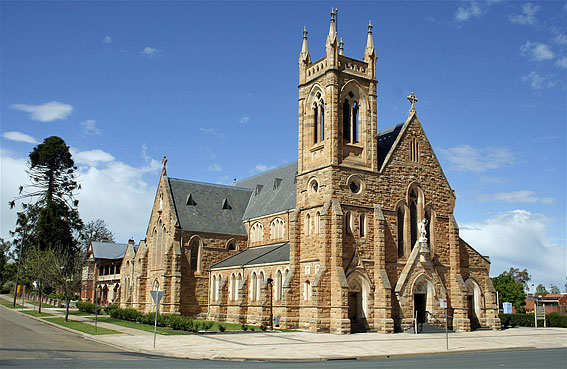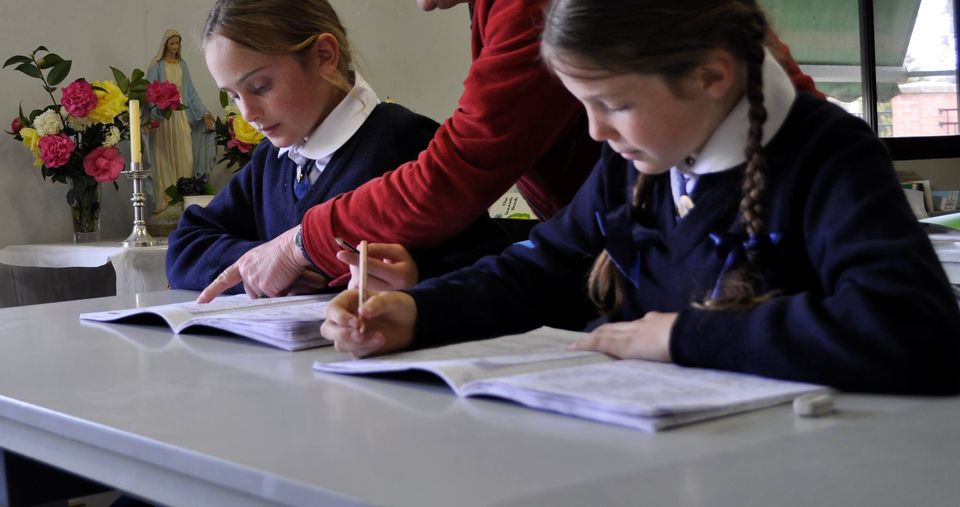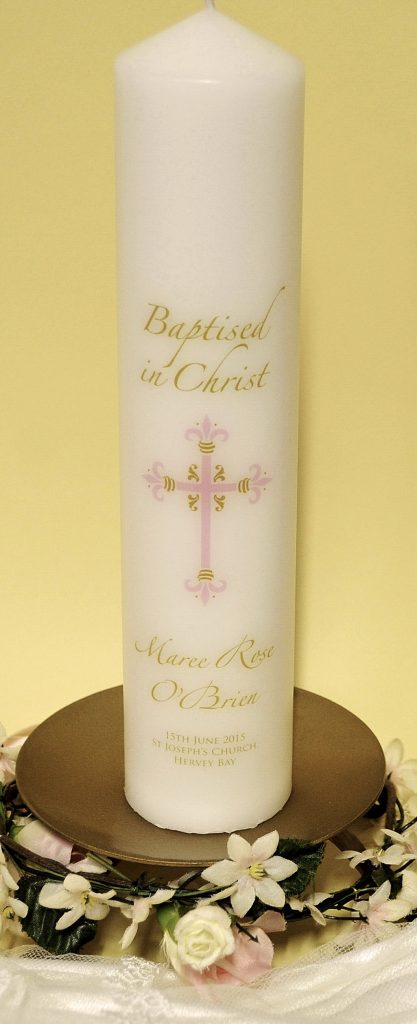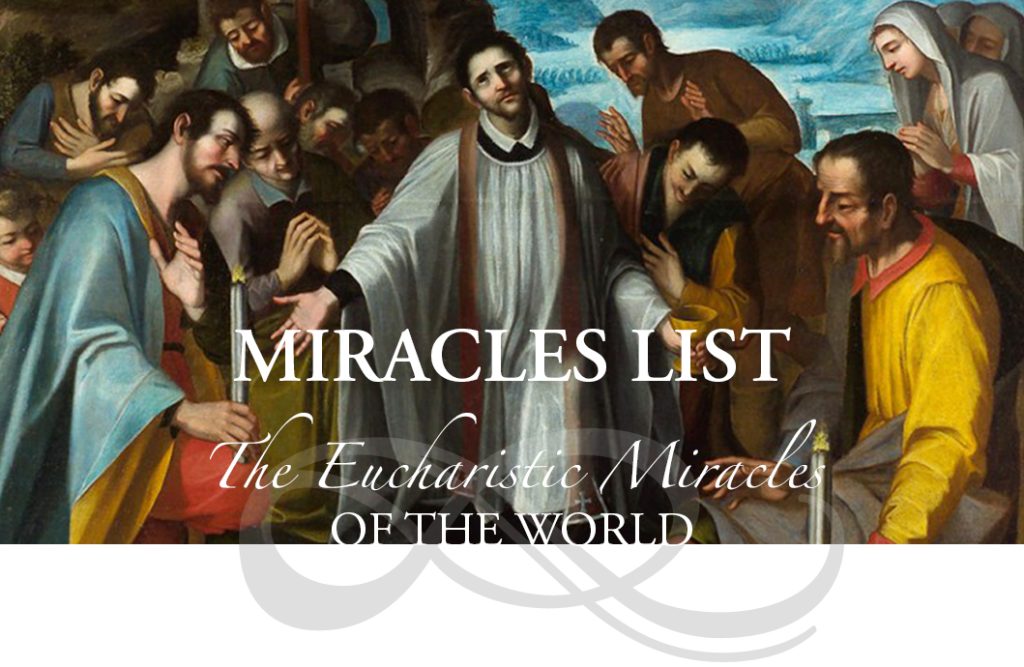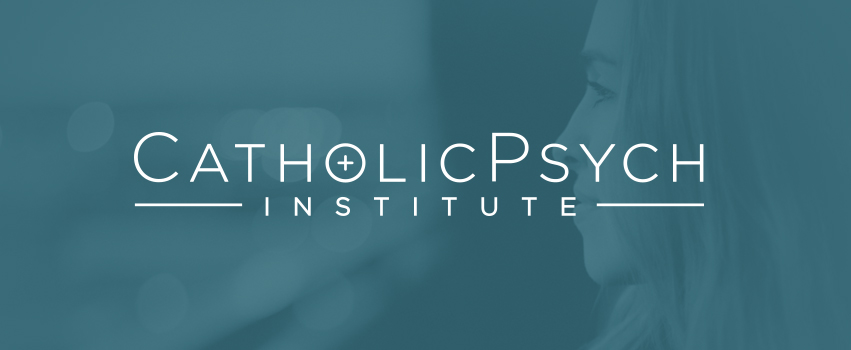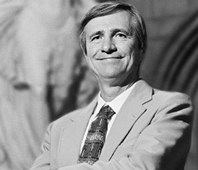
The Catechism consists of four sections: the Creed, the Sacraments, the Commandments and Prayer.
Each section is a vital and fascinating component of the faith. We have given a page to each domain on this website.
Below are portions of the Catechism that fill in some gaps in the overall Christian life.
THE PRECEPTS OF THE CHURCH
The precepts of the Church are set in the context of a moral life bound to and nourished by liturgical life. The obligatory character of these positive laws decreed by the pastoral authorities is meant to guarantee to the faithful the very necessary minimum in the spirit of prayer and moral effort, in the growth in love of God and neighbor:
2042 The first precept (“You shall attend Mass on Sundays and holy days of obligation and rest from servile labor”) requires the faithful to sanctify the day commemorating the Resurrection of the Lord as well as the principal liturgical feasts honoring the mysteries of the Lord, the Blessed Virgin Mary, and the saints; in the first place, by participating in the Eucharistic celebration, in which the Christian community is gathered, and by resting from those works and activities which could impede such a sanctification of these days.82
The second precept (“You shall confess your sins at least once a year”) ensures preparation for the Eucharist by the reception of the sacrament of reconciliation, which continues Baptism’s work of conversion and forgiveness.83
The third precept (“You shall receive the sacrament of the Eucharist at least during the Easter season”) guarantees as a minimum the reception of the Lord’s Body and Blood in connection with the Paschal feasts, the origin and center of the Christian liturgy.84
2043 The fourth precept (“You shall observe the days of fasting and abstinence established by the Church”) ensures the times of ascesis and penance which prepare us for the liturgical feasts and help us acquire mastery over our instincts and freedom of heart.85
The fifth precept (“You shall help to provide for the needs of the Church”) means that the faithful are obliged to assist with the material needs of the Church, each according to his own ability.86
The faithful also have the duty of providing for the material needs of the Church, each according to his own abilities.87
THE SEVEN DEADLY SINS
Pride
Covetousness
Lust
Anger
Gluttony
Envy
Sloth
THE VIRTUES
The Three theological Virtues:
Faith, Hope and Charity.
The Four Cardinal Virtues:
Prudence, Justice, Fortitude, Temperance.
The Seven Gifts of the Holy Spirit:
Wisdom, Understanding, Counsel, Piety, Fortitude, Knowledge, Fear of the Lord.
The Twelve Fruits of the Holy Spirit:
Charity, Joy Peace, Patience, Kindness, Goodness, Forbearance, Mildness, Faith, Modesty, Self restraint, Chastity.
The Seven Corporal Works of Mercy:
To feed the hungry; to give drink to the thirsty; to clothe the naked; to help the homeless; to visit the sick; to visit the imprisoned; to bury the dead.
IMPORTANT DATES IN CHURCH CALENDAR
Advent: Begins on the Sunday nearest the 30th November, it is in preparation for Christmas, or the coming of Our Lord. Advent has four Sundays.
Christmas: Which celebrates the Birth of Our Lord, begins at the Christmas Vigil on the eve of Christmas and ends on the 6th January, the celebration of the Baptism of Our Lord.
Lent: This is a time in preparation for Easter, and begins on Ash Wednesday and ends with the Easter Vigil. Passion Sunday or Palm Sunday: This is the sixth Sunday of Let and is the beginning of Holy Week.
EasterVigil: This is on Easter Saturday night when the Church awaits the Resurrection of Christ.
Easter: This is the most important time in the Church year, when we remember the Passion, Death and Resurrection of Jesus Christ. It is known as the Easter Triduum. It begins with the evening Mass on Holy Thursday, and finishes with the evening prayers on Easter Sunday.
The Ascension: is usually celebrated on the fortieth day after Easter.
Pentecost: Celebrated fifty days after Easter to commemorate the descent of the Holy Spirit on the Apostles. It is also considered the birth of the Church.
Trinity Sunday: This is the Sunday after Pentecost, and celebrates the mystery of the Father, the Son and the Holy Spirit.
Corpus Christi: is the Thursday after Trinity Sunday, and celebrates the Body and Blood of Christ.
Fast and Abstinence: Ash Wednesday and Good Friday are the only two official fast days of the Church, although today the Church encourages us to fast more often, especially on Fridays, the day of Our Lord’s Passion. This is the day when self-denial should be practiced. The form of self-denial, to be offered in union with Our Lord’s suffering on the Cross, is left to the free choice of each individual. The age at which abstinence becomes binding is fourteen. The obligation of fasting is restricted to those who have completed their eighteenth year until they have begun their sixtieth. Since November 21st, 1964 the following rules apply at whatever time of day Holy Communion is received:
1. Water may be taken at any time.
2. Solid food and drinks may be taken up too one hour before Holy Communion.
3. The sick (not necessarily bed-ridden) may also take genuine medicines, solid or liquid as well as non-alcoholic drinks at any time before Communion. The fast from solid foods and drink is about a quarter of an hour for the sick and aged and those attending them.

